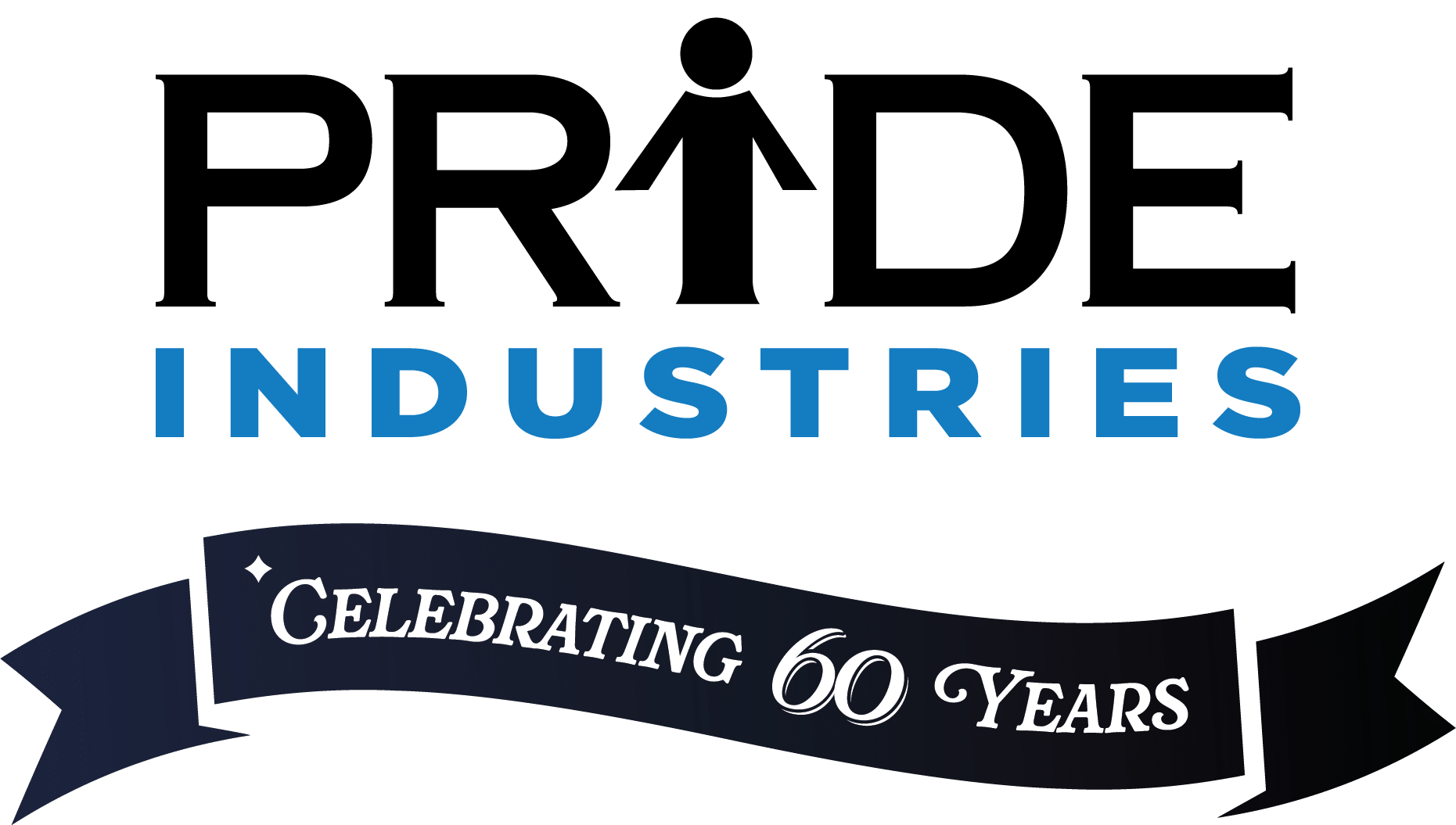A Life Well Lived. A Legacy of Pride.
By all accounts, Ethan Herr was an exceptional human being—a loving son, a devoted brother, a loyal friend with a keen sense of humor, and a committed, hardworking employee. Many at PRIDE Industries were fortunate to share part of Ethan’s life. His positive impact on the organization continues beyond his passing, thanks to an endowment established in his honor by his family in 2010.
Ethan was born with cerebral palsy, an umbrella term used to describe a group of chronic conditions affecting body movements and muscle coordination. From the very beginning, his supportive family encouraged his independence and taught him that he could accomplish anything. When doctors told him he would never ride a bike, Ethan was determined to prove them wrong. At age 12, he proudly pedaled his “Blue Thunder” down the street. In his early 20s, he earned his driver’s license and saved money to purchase a red Ford Aspire. Ethan wanted people to see beyond his disability and to recognize him as a successful, contributing member of the community.
Ethan joined PRIDE Industries in 1999. While he had previously been employed part-time, Ethan wanted to work full-time. At PRIDE Industries, he found a supportive environment and a shared commitment to helping individuals with disabilities overcome employment barriers and succeed in the workplace.
He began working as a custodian and found a champion in his supervisor, Karen Long. As Ethan expanded his skills and grew into new roles in other divisions of PRIDE Industries, Karen maintained close ties with him, and an exceptional friendship grew.
“Ethan was my best friend; he meant the world to me. He had the biggest heart and would do anything for the ones he loved,” said Long. “I sometimes think I got more out of our friendship than he did because he taught me so much about love and tolerance.”
Ethan worked in PRIDE Industries’ Manufacturing and Logistics Services before transferring to the Integrated Facilities Management division. As he progressed within the company, Ethan transitioned from receiving on-the-job training support to becoming a full-time employee. As his career grew, so did his independence. Ethan went from living at home to living independently in his own apartment.
At PRIDE Industries, we know that a paycheck is only one component of success for people with disabilities. The often unseen yet meaningful benefits include the independence and dignity that come with earning a living—something Ethan experienced firsthand.
“Working at PRIDE Industries helped Ethan grow,” said Linda Herr, Ethan’s mother, at the time of the endowment’s establishment. “He gained complete independence and made so many friends. It made us feel his future was secure, that he could be self-sufficient.”
In 2008, Ethan moved to PRIDE Industries’ Document Management Division, where he worked preparing documents for scanning until illness forced him to leave the company. He had thrived for almost a decade at PRIDE Industries. Ethan passed away in October 2008 at the age of 35.
Ethan Herr touched many hearts at PRIDE Industries. In turn, his family understood how profoundly Ethan’s life was enriched by the organization. They wanted his life to be a lasting legacy and to provide a path forward for others. Today, the endowment in Ethan’s name supports vital services such as job coaching, transportation assistance, vocational training, case management, the I AM ABLE Helpline, and more—resources that empower people with disabilities to pursue independence and meaningful employment, just as Ethan did.
“PRIDE Industries gave Ethan so much for so long,” said his sister, Cheryl Herr. “It just made sense to give back. We hope even one more person has the opportunity to reach their potential with the support of this endowment.”



